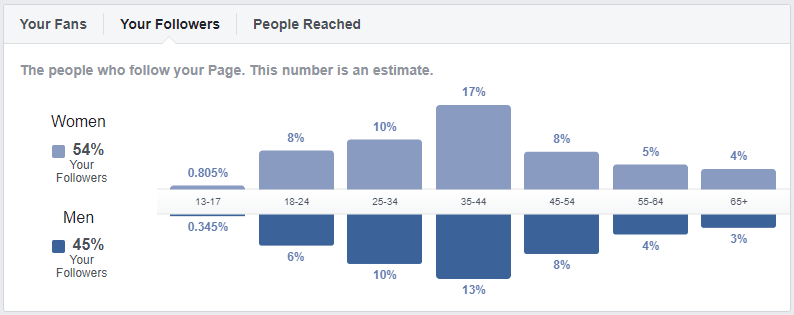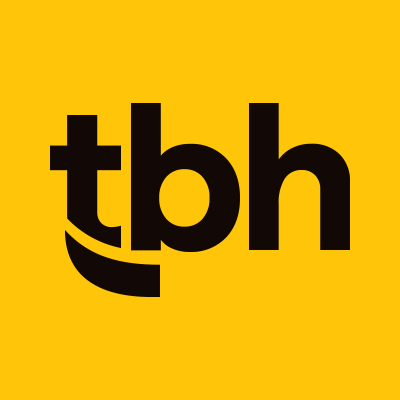
You know that practically everyone is on Facebook, but how do you reach the people who are in your target audience? And, how do you turn online engagements into actual RSVPs for your upcoming events?
Like any successful promotion strategy, you’ll need to start with a plan.
You will get the best results when you determine your goal, audience and budget and establish a posting strategy before you ever log in to Facebook. Since event-driven campaigns have a natural end date, it also helps to plan early and give yourself plenty of time to execute, monitor, and adjust based on performance.
Read on for how to plan an effective promotion strategy for your upcoming event on Facebook.
Like any successful promotion strategy, you’ll need to start with a plan.
You will get the best results when you determine your goal, audience and budget and establish a posting strategy before you ever log in to Facebook. Since event-driven campaigns have a natural end date, it also helps to plan early and give yourself plenty of time to execute, monitor, and adjust based on performance.
Read on for how to plan an effective promotion strategy for your upcoming event on Facebook.
Step 1: Goal-setting
Before you can start planning, you’ll need to focus in on one (or two) top goals for the campaign. A single goal is likely to drive the most success, but you can still get good traction if you split your strategy between two top-level goals.For an event, one top priority for a Facebook campaign might be increasing ticket sales. Other goals could be growing general awareness about your organization or generating donations related to the event. Whatever your goals may be, the rest of the strategy will build upon that foundation.
To determine your goal for running a Facebook ad, complete this sentence:
When the event is over, [a 5% increase in ticket sales OR gaining 50 new page followers OR xyz other result] from the Facebook promotions will mean we were successful.Once you’ve determined your main goal for the event promotion campaign, it’s time to hone in on your target audience to help you reach that goal.
Step 2: Defining the audience
While there are many resources online that can give you audience parameters or recommendations, the best source for your audience data will likely be your own Facebook page. You can find your audience insights under the People tab in the admin section of your page.
Assuming your follower demographics are the right audience targets for your event, you can make some strategic decisions based on this data. For example, this page might consider showing a mix of men and women in the imagery and skew toward the 35-44-year-old age range.
By showing photos of people who look like your audience, it helps them connect with your messaging and feel like the event is for them. If you chose images of teens to promote the event, your core audience is less likely to see themselves and therefore less likely to engage or attend.
Step 3: Budgeting
In 2019, it’s true that organic posts by Facebook Pages are not served to very many of your followers. However, certain types of organic posts—like video content and Facebook Live—will get more reach than a shared link or image.To really get in front of your target audience, a paid promotion strategy can come in handy. Within the Facebook Ads Manager, you can build audiences based on specific criteria and monitor the ad performance for any tactics that work better than others.
Learn how to get started with Facebook paid ads.
Depending on the goal of your campaign and your overall budget for the event promotion plan, you may choose to promote completely organically, use all paid ads, or even a combination of both tactics.
Step 4: Creating posts
Knowing your goal, audience, and budget can influence your messaging and posting strategy. You can also do a little data-mining within your Facebook Page Insights to see what types of posts your followers tend to engage with most, what time of day they are most active, and more.To get an organic boost from Facebook on your event promotions, consider that video content tends to outperform standard posts, like links and photos.
Video optimization tips from Facebook
- Aim for a length of 5-15 seconds.
- Make it work with or without sound (85% of users in 2016 watched videos with the sound off)
- Design with a video ratio of 9:16 to 16:9
- Limit the video file size to no more than 4 GB
- Avoid creating a video thumbnail image with more than 20% text
For scheduling, this is another part of the strategy that can’t be addressed with a cookie-cutter template. Use your audience data, but also consider the capacity of your team for posting and managing the strategy to determine your posting schedule.
Pro tip: You could create some urgency as the event draws closer by posting more frequently in the days leading up to the event.Ultimately, if you’re promoting an event online, you can find success with a focused, strategic campaign plan for Facebook. At least 60-90 days before your event, map out your top goal(s), audience target, budget, and posting strategy to get the most out of your event promotion campaign.
Need help with your digital marketing strategy? Talk to us
You might also like:
